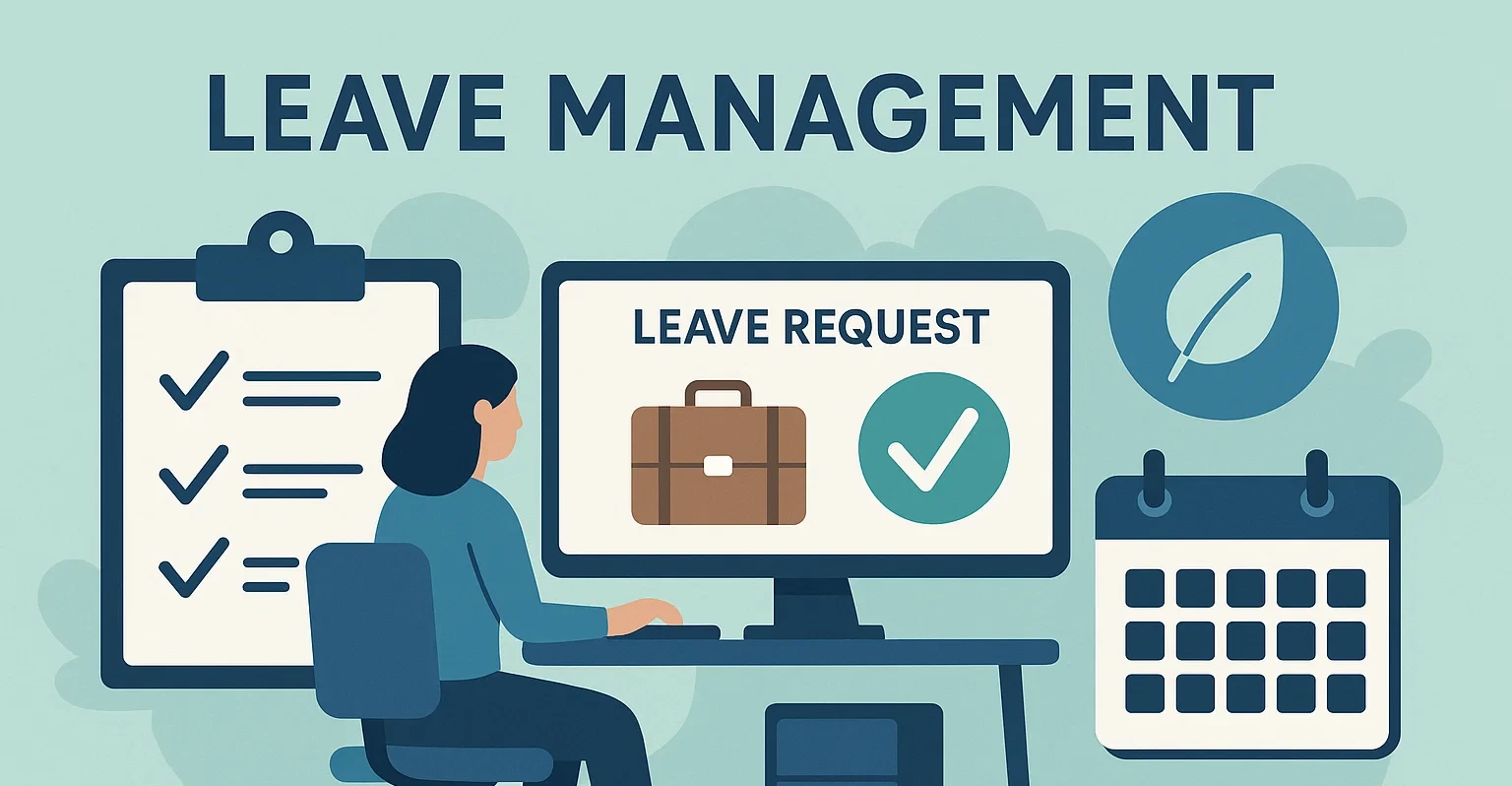In today’s workplace dynamics, efficiently managing leave of absence is crucial for cultivating a culture of trust and employee satisfaction. Traditional leave management systems have often been rigid and focused primarily on adherence to legal frameworks, leaving little room for the individual needs and circumstances of employees. This often results in a general atmosphere of apprehension and a feeling that employees might exploit the system. However, there’s a growing recognition that adopting a human-centric approach can revolutionize leave management, fostering an environment of mutual trust and understanding. This approach prioritizes open communication, empathy, and creativity to address the unique situations employees face, thus aligning individual needs with organizational goals.
Transitioning towards a more employee-focused leave management system hinges on viewing leave as a collaborative dialogue rather than a bureaucratic process. Employees encounter diverse challenges, whether related to health, caregiving, or work-life balance, and these do not strictly conform to predefined categories in legislation like ADA or PWFA. Thus, a human-centric model focuses on understanding each employee’s specific situation and crafting personalized solutions that meet both their needs and the organization’s imperatives. By actively engaging employees in discussions about their needs, companies not only provide necessary support but also empower individuals, reinforcing their trust in the organization.
Evolving Workplace Policies Through Empathy
Corporate culture is increasingly shifting from viewing leave as a procedural matter to fostering a supportive environment where dialogue is encouraged. Historically, the suspicion surrounding leave of absence, especially intermittent leave, has led to negative stereotypes about employees potentially misusing the privilege. Managers have often approached leave requests with skepticism, fearing exploitation. However, this mindset is gradually changing as a new generation of leaders emerges who value empathy and open communication. These managers understand that healing, recuperation, and maintaining personal well-being are as unique as the individuals themselves, necessitating an understanding approach to leave management.
This empathetic shift in workplace culture is crucial for addressing employees as assets instead of liabilities. Engaging in meaningful conversations about leave needs also opens doors to creative problem-solving. For instance, an employee may request a modified schedule to accommodate regular medical appointments or need temporary adjustments in their workload to alleviate stress. By treating each leave situation with curiosity and flexibility, organizations can find solutions that benefit both parties without compromising compliance or organizational efficiency.
Leveraging Technology and Communication for Effective Leave Management
To successfully implement human-centric leave management, a robust communication strategy is indispensable. A partnership between HR and line managers ensures that leave policies are not only compliant but also effectively address individual employee concerns. HR is responsible for setting strategy and ensuring compliance with legal requirements, while line managers focus on the day-to-day interactions with employees, maintaining regular communication, and managing expectations. Training managers to engage with empathy and flexibility is vital to creating a supportive environment for all employees, especially those on leave.
Moreover, technology can be an invaluable aid in streamlining leave management processes. Automation tools can handle routine tasks such as leave request forms, tracking leave status, and ensuring secure communication between HR, managers, and employees. This allows HR professionals to focus on more critical interactions that require empathy and understanding. By integrating technology with human-centric management practices, companies can simplify the administrative aspects of leave while ensuring consistency and efficiency.
Cultivating Trust and Commitment for Long-Term Benefits
Efficiently managing leave of absence is vital in today’s workplace for fostering trust and employee satisfaction. Traditional leave systems often prioritize legal adherence over addressing the specific needs of employees, which can lead to distrust and concern about system misuse. There’s an increasing recognition that a human-centered approach can transform leave management, promoting trust and understanding. This perspective emphasizes open communication, empathy, and creativity to accommodate employees’ unique situations, aligning personal needs with business objectives. Shifting to an employee-focused leave system requires seeing leave as a cooperative conversation, not just a bureaucratic task. Employees face various challenges related to health or work-life balance, which may not fit neatly into frameworks like the ADA or PWFA. A human-centric approach tailors solutions to individual circumstances, merging employee needs with company goals. By discussing individual needs with employees, companies not only offer support but also empower and build trust within the organization.

